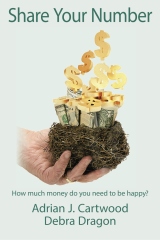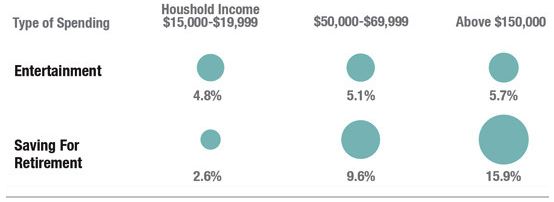 Managing your own rental properties sounds like a good idea; you get to save some money – and, you hand choose / hand manage your tenants.
Managing your own rental properties sounds like a good idea; you get to save some money – and, you hand choose / hand manage your tenants.
The World Of Wealth (blog) puts it nicely:
Manage your properties yourself!
Reason Number One – It’s Valuable Experience
Managing my rentals has taught me numerous life skills from how to negotiate with a contractor to the best way to (attempt to) collect rent from a deadbeat tenant.Reason Number Two – You WILL Do A Better Job Yourself
First of all, your property manager may not actually be very experienced. Secondly, your problem may be worse if the manager IS highly experienced and recommended. In that case, you will probably find yourself be at the very bottom of their priority list.
Reason Number Three – You’ll Save LOTS of Money
Property managers and leasing companies don’t come cheap. You’ll pay 6% – 10% of gross rental income directly to the manager. A rental property with 6-10% of cash flow is rare and precious indeed, so hiring a property manager is all but ensuring your cash flow will be negative.
Reason Number Four – You Won’t Save Yourself Any Stress
One of the main reasons I hired a leasing company this summer was because I didn’t think I could effectively handle 3 vacancies while I was traveling in and out of town. But I was more stressed out than ever before! I still worried about when I’d get a new tenant in each unit, how I was going to make the cash flow work in the meantime and how much the repairs were costing.
I can’t comment on how much less or more stressful it would be to manage my own rentals …
… because I have used a property manager since the get-go.
But, my case might be different to yours: my properties were investments, not my source of business income. So, for me, time was more precious than money.
Even so, Dave Lindahl – well-known property ‘guru’ – makes the case for NOT managing your own properties, at least not after the first 3 or 4 that you own: burnout.
Handling all of those “Reason 4” issues that The World of Wealth blog mentions (dealing with tenants, vacancies, defaults, etc.) will stress you out more than you can imagine, then burn you out pretty quickly.
Also, the argument that properties return 6% and property management costs 6%, therefore all your profits go to the property manager, don’t hold water … because, commercial properties (for example) return 6% after the costs of property management are factored in (or, so they should) …
… and, even residential property may return the same – if you purchase cheap and add value (e.g. paint, add a bedroom, etc.) before you rent expensive.
By all means, manage your own rentals, if that’s the way you want to roll.
But, have the expectation (and, build the cost into your calculations from the start) that you will employ a property manager sooner rather than later, because managing your own rental properties simply isn’t any fun 😉







